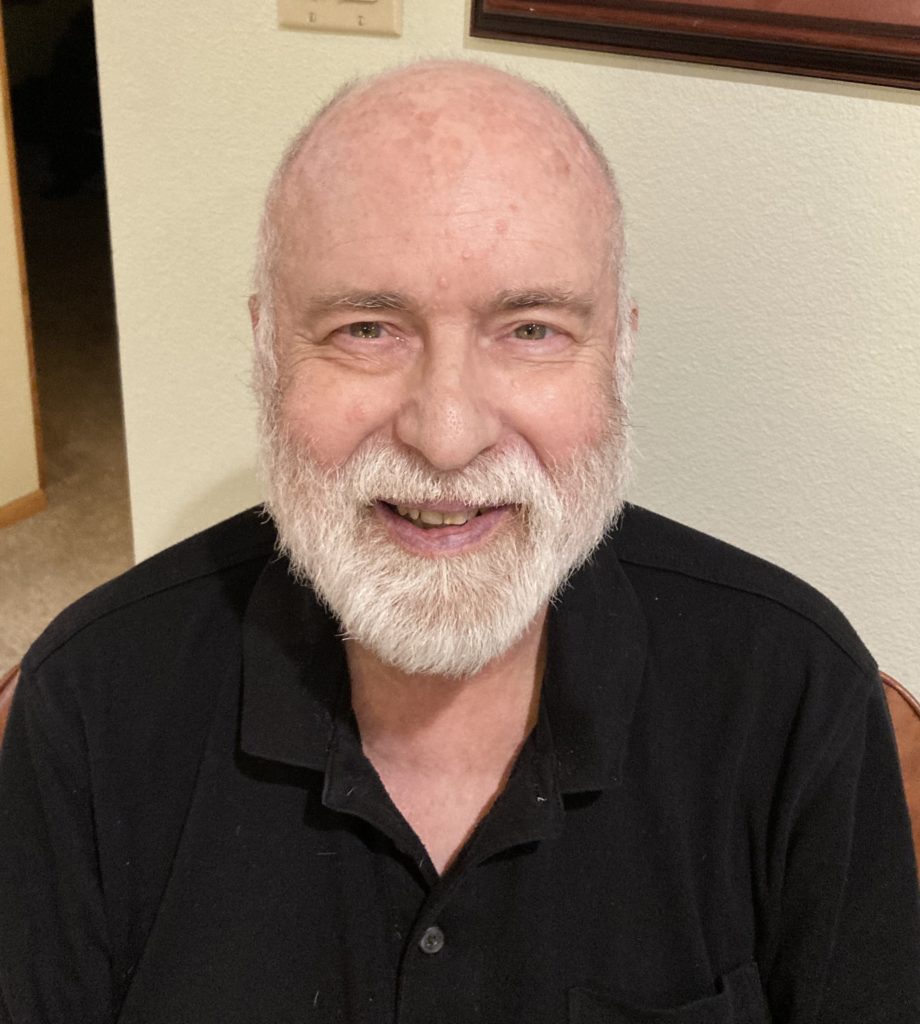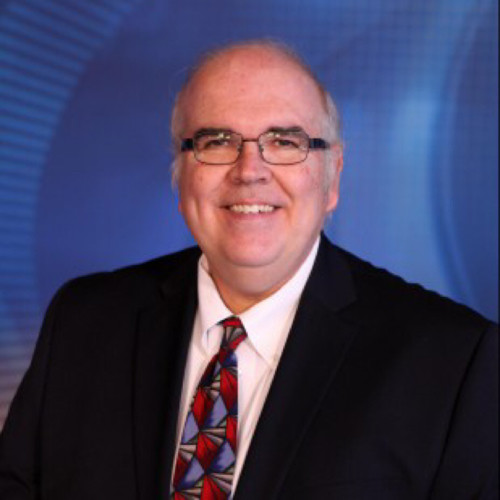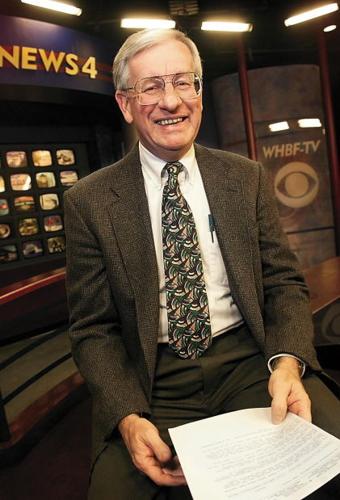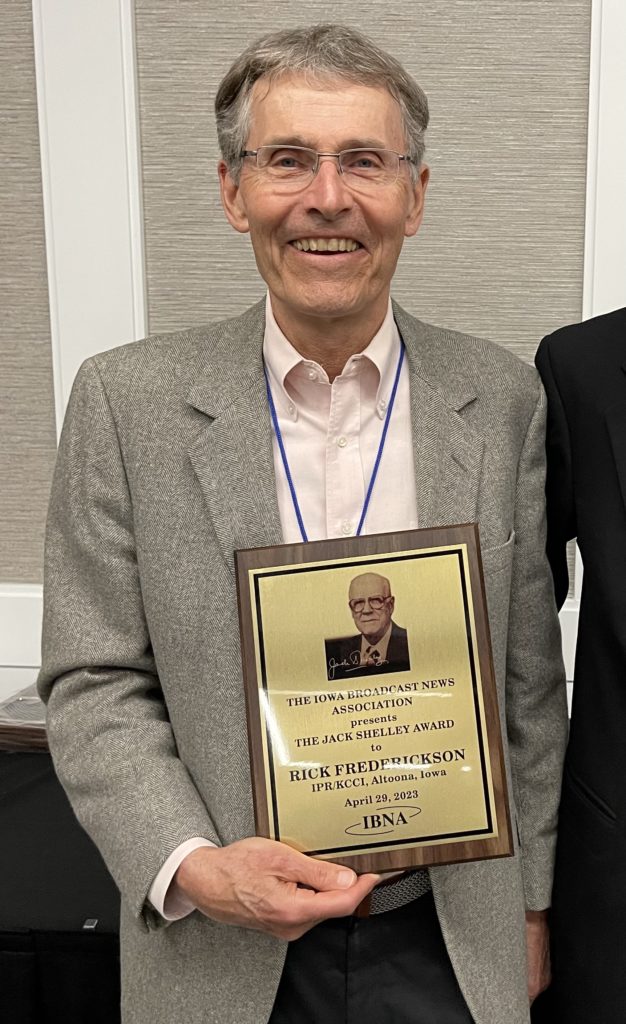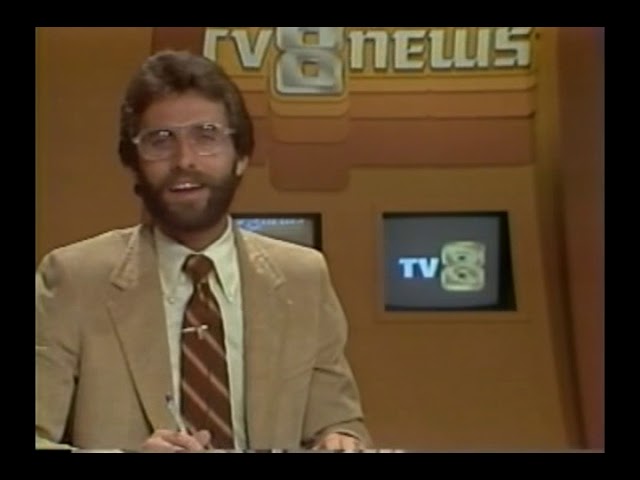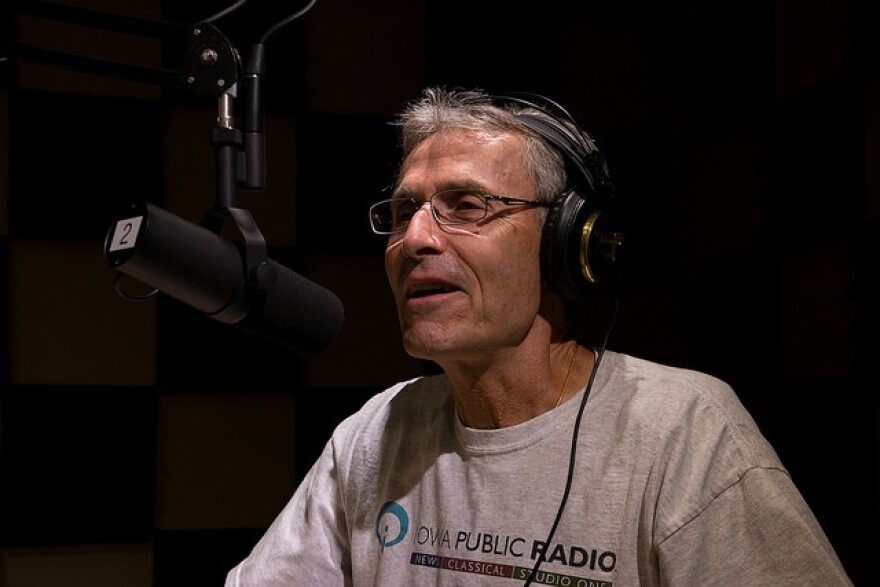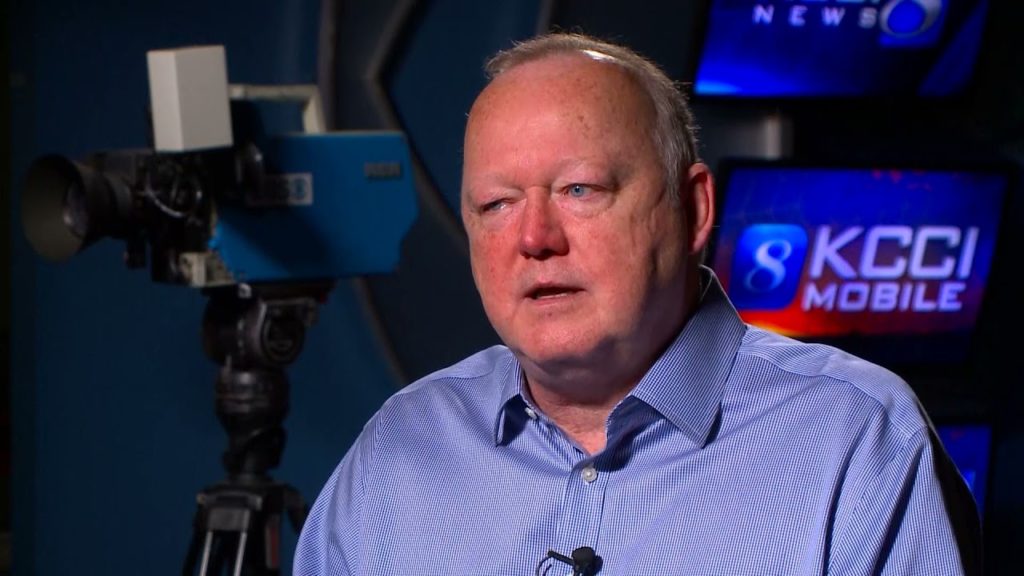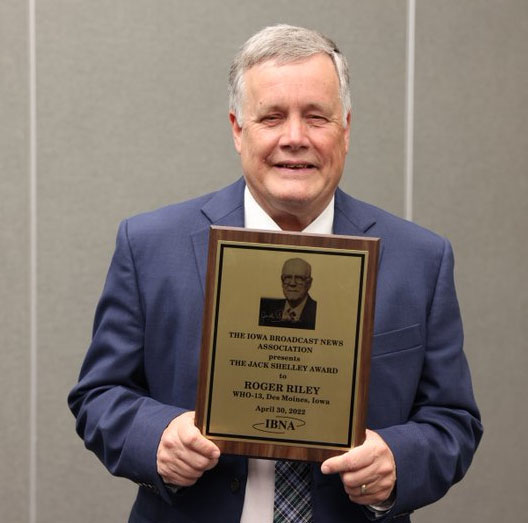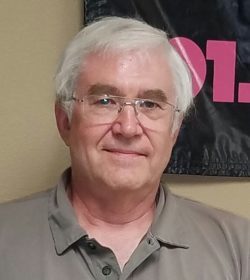
Joel Hermann died unexpectedly on June 16, 2020 of natural causes in his Storm Lake home. Joel was 64. Below is an interview done when he retired August 31, 2019.
After 41 years at KAYL/KKIA radio in Storm Lake, News Director Joel Hermann has retired. Joel and I worked together for a few years at the start of our careers when I was the KAYL news director and Joel was an announcer and the station’s music director in the mid-70s. In 1984, Joel became the news director, a position he held until his retirement at the end of August.
Recently I talked to Joel and here are excerpts of our conversation. You can also listen to our entire conversation below.
Why did you stay at
KAYL for 41 years?
I just liked the town. The station changed hands a few times over the years, but
all the different owners were always very good to me and it was just a nice
place to work.
Why did you decide to
retire now?
Last winter I kind of got tired of either having to go out at 4:30 in the
morning and remove the snow off my driveway or if that was too much to do, walk
to work, which is only about 12 minutes, but that’s an awful long 12 minutes in
a blizzard. So, I was thinking maybe before winter sets in next year I can
figure out how I can retire. I was going to retire at the end of the year. And
then I thought, why not retire when the weather’s still nice? So, I retired at
the end of August.
What are you going to
do now?
I’m never getting up at 4:30 in the morning again! I have a number of projects
to do around the house. I have some volunteer work that I’ve been doing for
quite a while at our church and they already put me on the board of trustees my
second day of retirement. There’ll probably be some other people asking me to
volunteer. And, my parents live about three and a half hours away and I need to
see them more often.
Have you been able to
adjust to retirement yet?
I got on our website last week and was reading some news stories. I noticed
that the city council had met, and it didn’t even occur to me that city council
was going to meet, even though I’d covered them twice a month for decades. So,
I guess I’m already forgetting things. Maybe that’s a good sign.
Of course, there’ve been plenty of technological changes. What are a couple of big things that you can remember?
We don’t have those old teletypes and typewriters like we did when you were working at KAYL. Besides a computer rather than a typewriter, it’s the digital recorders. I can remember going to a Storm Lake school board meeting and it lasted two hours, and you had it all on cassette tape. It took forever to fast forward and rewind to find that actuality you wanted. Now on digital it takes about a couple of seconds.
How has Storm Lake changed over your 41 years there? I know there’s been a changing population.
When I first moved here it was pretty much all white. Now I think our local school district is something like 54 percent Hispanic, 18 percent Asian and 16 percent white or what they now call non-Hispanic Caucasian. It’s been a huge change as far as demographics of the town and it has gotten somewhat bigger. There’s a housing shortage right now.
Is that because of the new jobs Tyson foods has created, along with the increased retail and commercial base because of that?
Yes, mostly they brought in employees from other areas. I’m sure you probably never, ever would have considered that KAYL would broadcast in a language other than English. But for the past quite a few years (KAYL-AM) has been in Spanish, so that has made a change.
I know you covered
thousands of stories during your time in Storm Lake, but is there one that
really sticks out in your memory?
In 1994, a young woman attempted to kill her daughters by slashing their
throats and that was bad enough. But then the hearings on her sanity continued
for several years and it was probably the biggest story and probably the most
difficult to cover. Eventually they changed her medication and she basically
became a different person. The grandmother got custody of the two little girls
and eventually I started going to a church that the family went to and I saw
the girls grow up.

